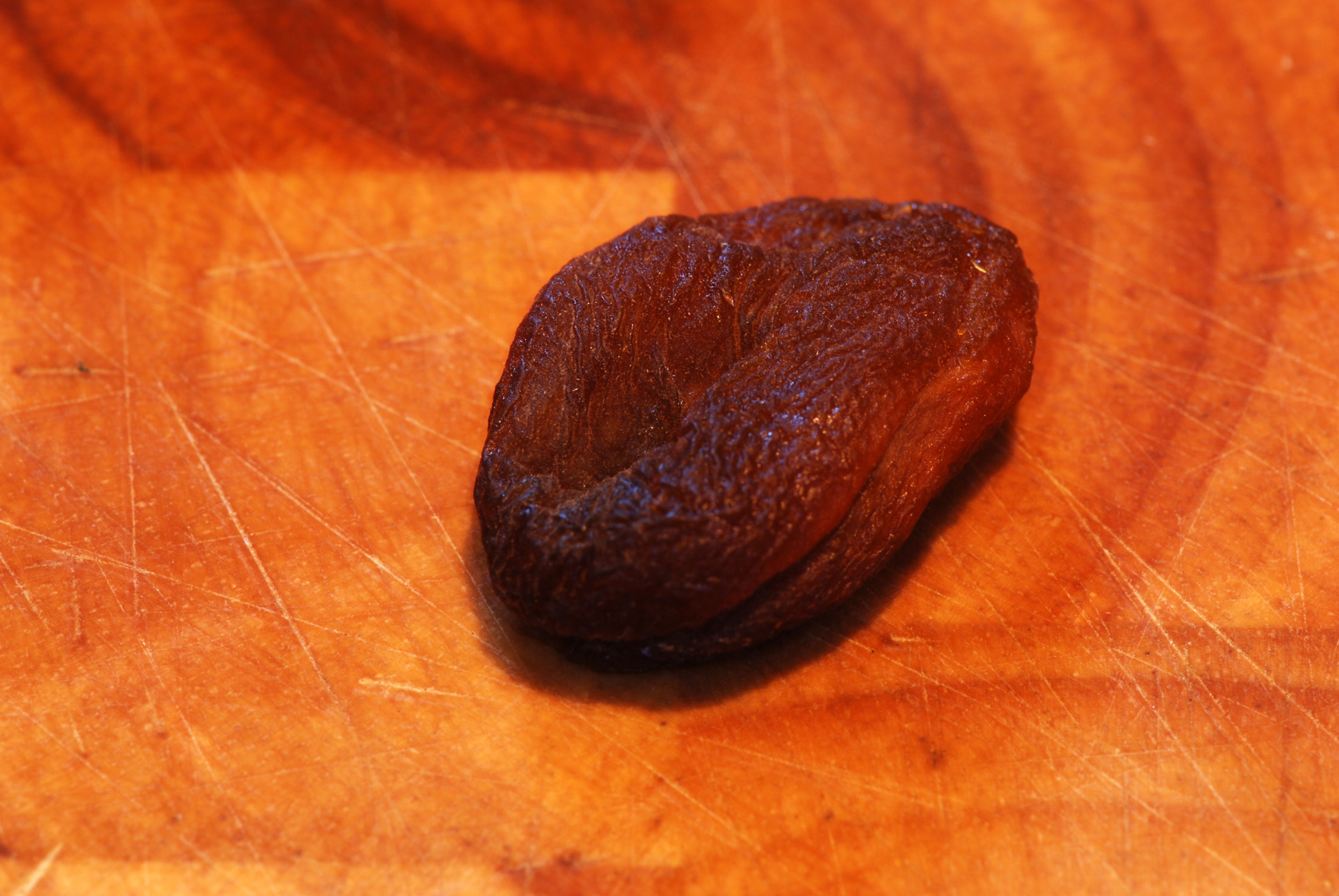Dried fruit
Overview


Dried fruit is fruit that has been dried, either naturally or through use of a machine, such as a dehydrator. Raisins, prunes and dates are examples of popular dried fruits. Other fruits that may be dried include apples, apricots, bananas, cranberries, figs, kiwi, mangoes, pawpaw, peaches, pears, persimmons, pineapples, strawberries and tomatoes.
Dried fruit has a long shelf life and therefore can provide a good alternate to fresh fruit, allowing out of season fruits to be available. Drying is a good way to preserve fruit in the absence of refrigeration. Dried fruit is often added to baking mixes and breakfast cereals.
Dried fruits are rich in vitamins (A, B1, B2, B3, B6, pantothenic acid) and dietary minerals (calcium, iron, magnesium, phosphorus, potassium, sodium, copper, manganese). They contain approximately 250 calories and 1 - 5g of protein per 100g. [1][2].
Due to the water loss experienced during dehydration, which may be as high as 7 parts out of eight, dried fruit has a stronger, more intense flavour. However the drying process also destroys most of the Vitamin C in the food, so that the dried version of the fruit has only a fraction of the levels of Vitamin C that would exist in the fruit if it were fresh.
Commercially prepared dried fruit may contain added sulfur dioxide which can trigger asthma in sensitive individuals, though dried fruit without sulfur dioxide is also available, particularly in health stores. The sulphur is added to "fix" the color of the product. "Organic" dried fruit is produced without sulphur which results in dark fruit and the flavour is much more characteristic of the fresh fruit. The color of some fruits can also be "fixed" to some extent, with minimal impact on flavour, by treating the freshly cut fruit with a preparation rich in Vitamin C (e.g., a mixture of water and lemon juice) for a few minutes prior to drying.
In addition to dried whole fruits, fruit purée can be dried to make fruit leather.
See also
- Dried vine fruits - generic term for dried grapes that includes raisins, sultanas and currants.
References
External links
| Wikimedia Commons has media related to Dried fruit. |
de:Trockenobst he:פירות יבשים Template:Jb1 Template:WH Template:WS